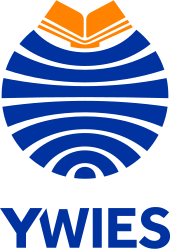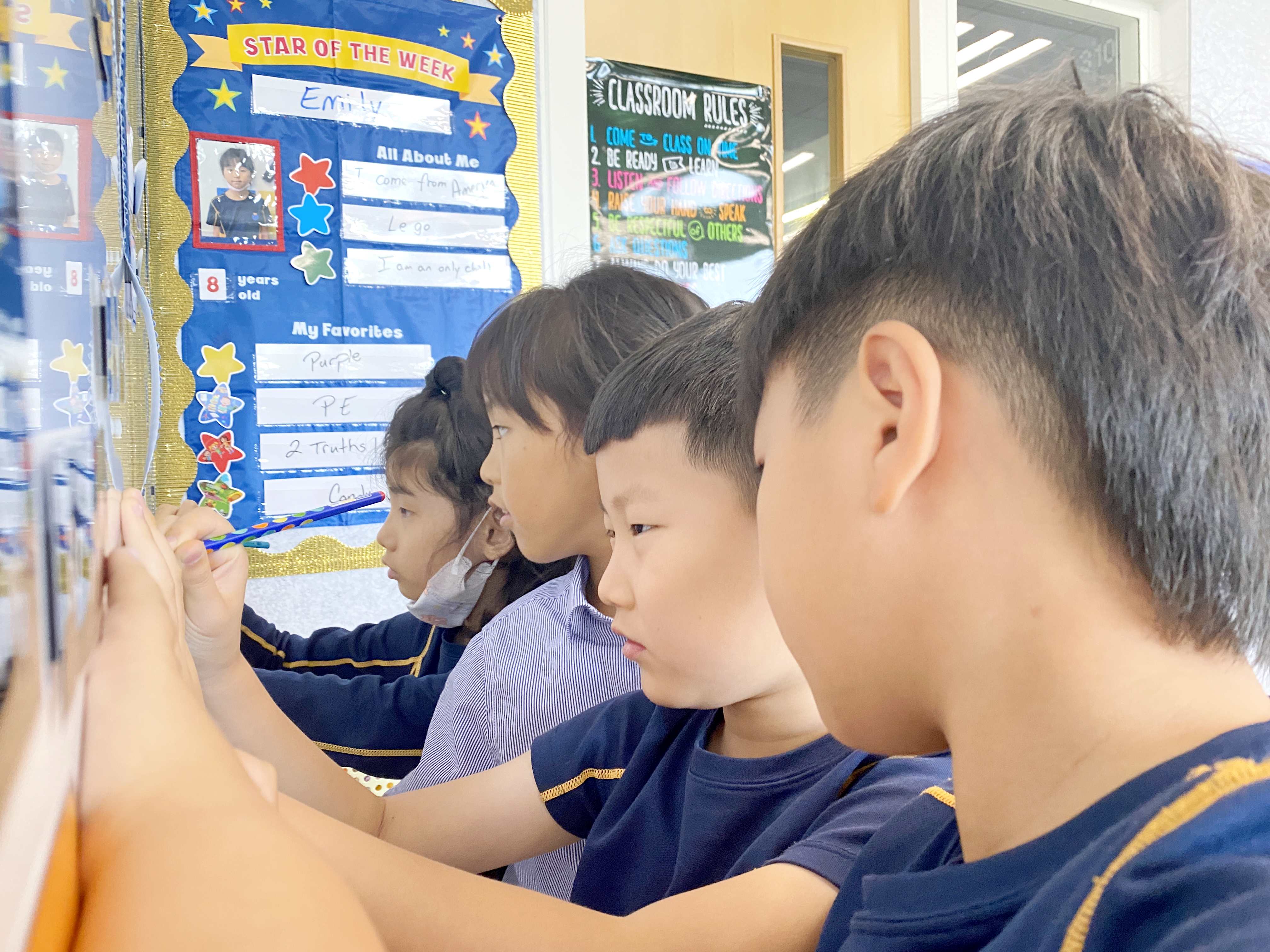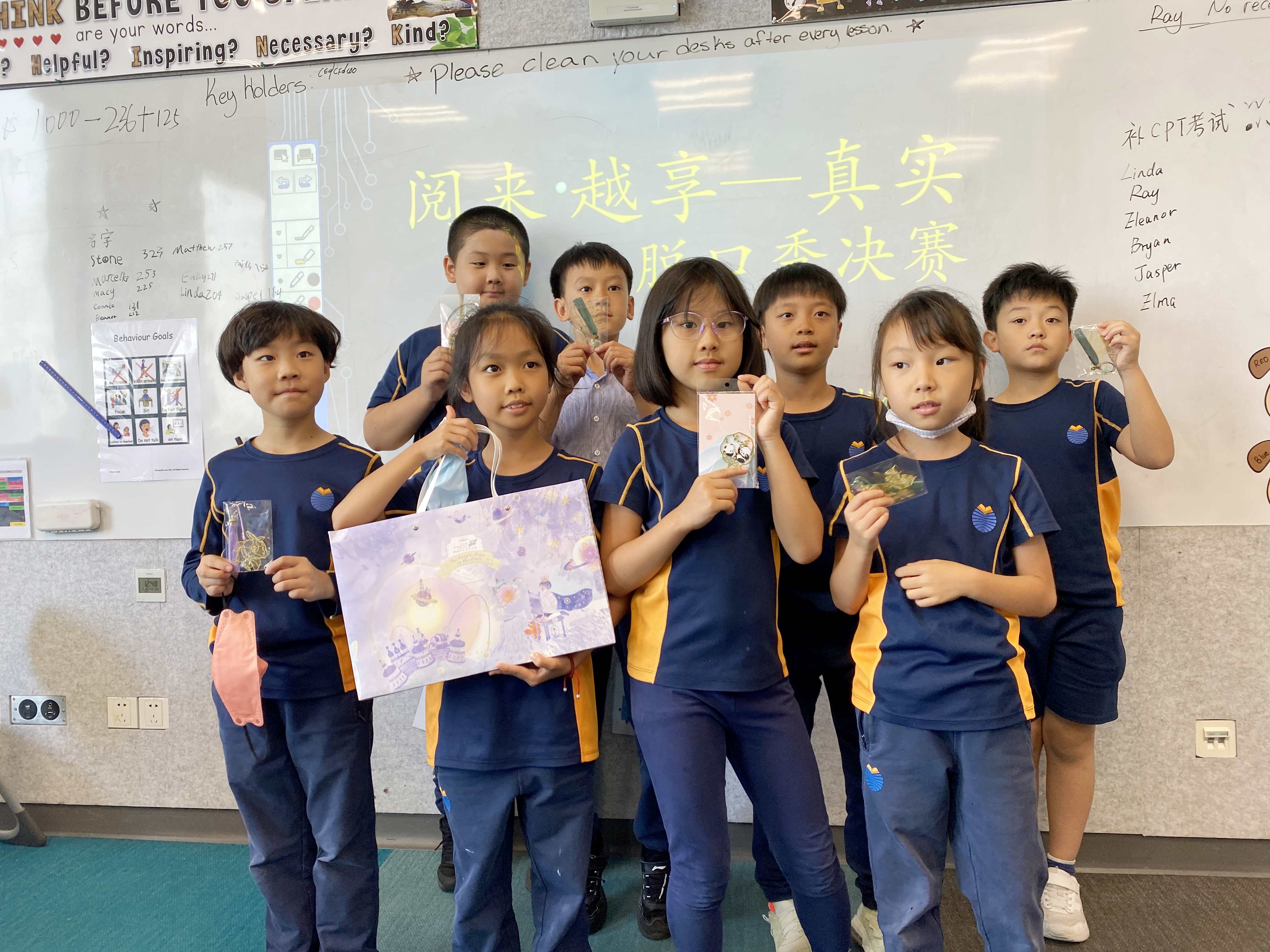Go Back
News
School News
“Mom, I don’t like reading.” How do we reply and guide our young learners when they say so?
School News
10 Nov, 2022
15 : 57
When it comes to reading and learning, it can appear like torture for children.
They seem to not enjoy learning, reading, or going to school.
Do children have to be in the opposition to learning? How about in Yew Wah? How do we develop students to love learning?
Our G3 Chinese teacher asked the children, "Do you feel happy in your study?"
One child said, "G3 is kind of hard. It is difficult to recite the text, difficult to pre-warm homework before each class."
One child said, "When I firstly started reading “Ramona Quimby, Age 8,” I didn't want to read more than 10 pages. One day, I surprisingly read a lot of pages, I didn’t even play outside that day. I locked myself in my room and read 40 pages and I want to read more tonight."
At Yew Wah, we want to make sure every student feels happy and rewarded in learning, which in turn will boost their self-motivation.
But how do we stimulate the motivation and curiosity in children?
How do our teaching faculty faced with diverse learning circumstances among children provide a unique learning pathway?
Our Chinese teacher planned a series of reading activities for our children to enhance children's reading interests in different ways, including:
(1) Reading the whole book among class;
(2) Supplementary reading – reading messages in a bottle;
(3) Book corner in class;
(4) Institutional book reading;
(5) Differentiated reading events
We want to share “Reading the whole book together”, and we will share other reading activities in upcoming articles. This time all students read “Ramona Quimby, Age 8,” together with the theme of growing up. We even had the first talk show with the children to read “Ramona Quimby, Age 8”. In this case, the children have a stronger motivation, when they are reading, the children connect themselves to the content of the book. They can feel better with the growth and reality through the book. They can better reflect the values in the book in their own lives.
We know you can’t wait to hear how this show was performed in class, let's check it out:
The children were so brave to step up to the stage. It was amazing! Although some kids say, " I'm so nervous." "May I look at the script?" " I still don't feel ready."
It is already amazing for all the students to speak out their thoughts and feeling; no matter it’s loud or not, or if everybody could hear it!
The children were encouraged by their classmates’ applause, the braveness has been infused before they get on the stage. I believe they will be braver to show their talent next time.
Some children gave their examples about [Being Real]: "Real is not fake, not intangible, it actually exists." For example: My friend said that she had fish at home. She took me to her house to see it, and I saw that there were fish. That's real.
One student shares: "I'm 9 years old, and I'm happy. I want to be more authentic to myself. Just like I will show my happiness if I am, and I will show it if I’m not. I can tell my feelings to teachers and parents instead of crying. I will still be the real me! ”
Another child said the change he learned from Ramona is that, "I am the lovely me. I didn't realize how important it was to listen to other people's opinions before I read “Ramona Quimby, Age 8,”. I like ice hockey, I like sports, I like to run around. However, my mother wants me to learn piano, calligraphy, and stay still. I used to take my mother's expectations beyond my feelings, I wasn't happy at all. After reading “Ramona Quimby, Age 8,” I told my mother my true feelings.
At the closing ceremony, the children shared what they wanted to say to Ramona in the first month of their third grade. Through this reading activity, children begin to focus on themselves, dive deeply into the text, and think for themselves.
At Yew Wah, we protect each student’s personality and gifts.
We believe that each child is unique with innate talents and gifts that should be nurtured to the fullest potential.
Reading rich content from an early age could benefit the students to understand others and respect each other’s’ differences. They will also understand themselves and see their strengths.
At the same time, the reading performance could help them to step out of their comfort zone and let the children confidently express their personality and talents.








